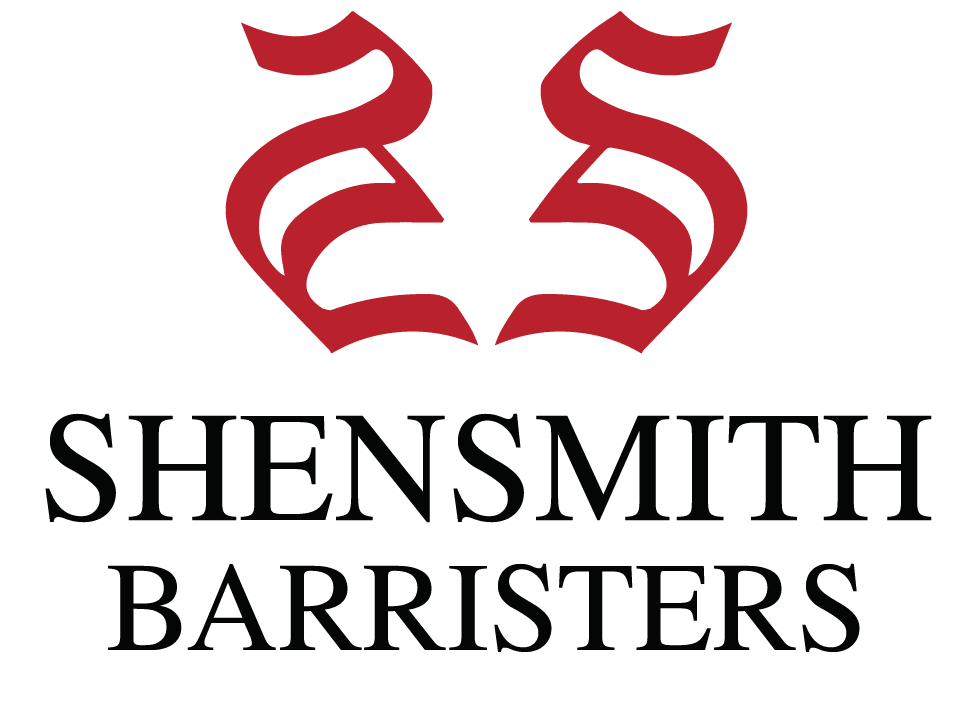Ken was driving back to his home to Guildford one evening after working on a building site in Surbiton covering a site manager who had called in sick that day. It was late at night and raining, he did not know the area as he usually worked near Reading and had to navigate using road signs to get back home. After driving for several miles down a dimly lit dual carriageway with a speed limit of 50 mph he was flashed by a speed camera on his side of the road without any warning, he knew for a fact that he wasn’t going above the speed limit as he was an extremely careful driver with no previous motoring convictions.
At first he thought it must have been a faulty camera or may have just been his imagination but several days later Ken received letter of intended prosecution (NIP) from the police, he had never broken the law before and had no idea what was going to happen next. He discovered that the area he thought was 50 mph was actually only 30 mph where he was photographed but noticed that the speed change sign was completely obscured by overgrown trees on the side of the road which he felt was completely unfair as he had no way of knowing that the speed limit had changed.
Ken wanted to contest the prosecution but didn’t know his rights or what he should do, he asked his friends who advised him to contact a direct access barrister specialising in road traffic matters. The next day he got in touch with a road traffic barrister and after speaking to him at length in conference he explained the scenario and what he believed had happened on the night. The barrister listened intently and after looking through the paperwork and photographs provided advised him that because the 30 mph speed limit sign was incorrectly or insufficiently placed he had a case to argue against the notice of intended prosecution. Ken was extremely happy to hear this and believed that what the direct access barrister had told him would help prove his innocence.
The matter was quashed in court later that month and Ken received no fine or point penalty on his license with the help of the barrister.
Councils across the country have been under fire in the past few months for unfairly taking advantage of drivers caught in speeding traps and in areas of overgrowth causing numbers of speed limit signs to become hidden.
If you ever find yourself in a similar position where you feel you have been wrongly caught speeding speak to a direct access barrister specialising in road traffic matters.
